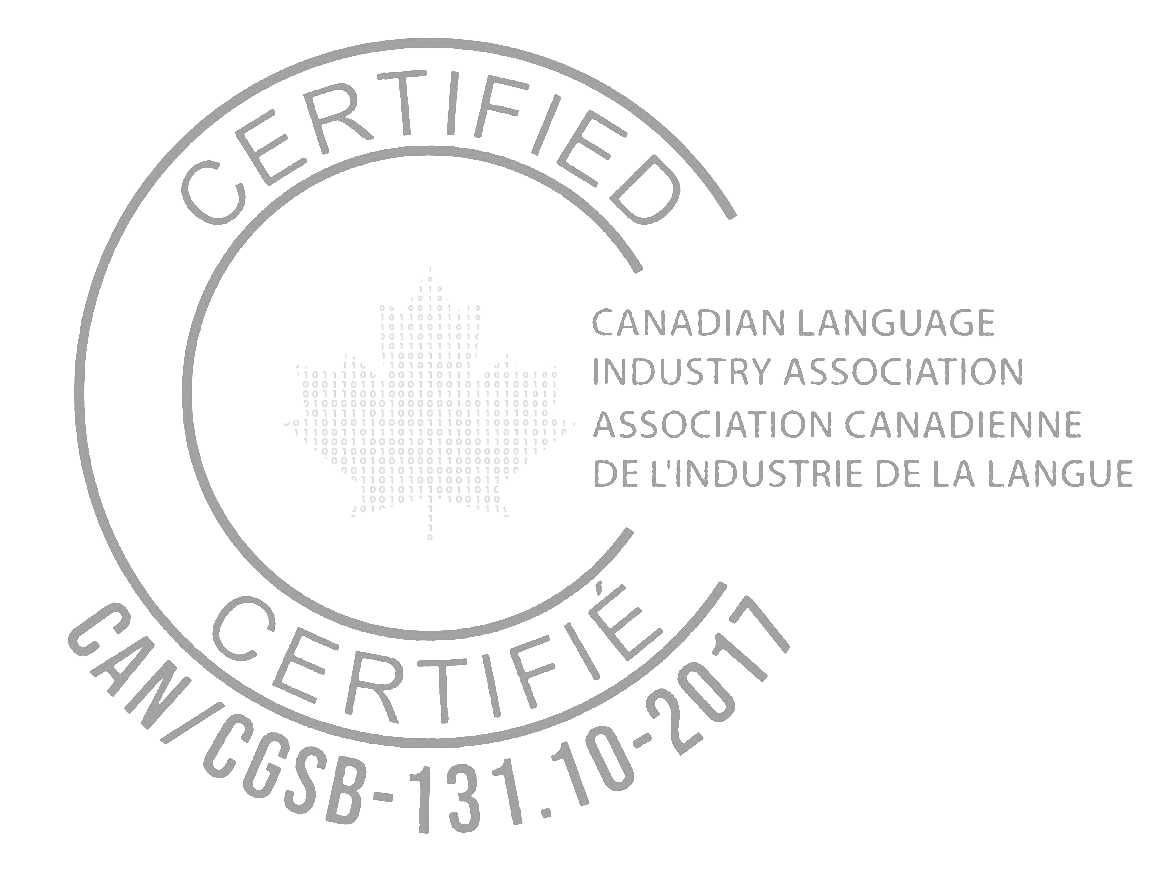Alexa Translations CEO Gary Kalaci shared with us the company’s experience navigating their first year during the pandemic, and what it takes for localization companies to compete in the industry.
This article was originally published in Multilingual
Celebrating its one-year anniversary this month, Alexa Translations is continuing to plan for its future. In a statement, the company laid out a series of updates to ring in the new year. Among them are a redesigned user experience (UX); updated neural machine translations (NMT) technology — the artificial intelligence behind the translations; new customer service options, including an A.I.-powered chatbot; several new integrations and plug-ins, including MemoQ; and the addition of Spanish.
User experience is a core pillar of Alexa Translations’ newly enhanced A.I. platform, which is celebrating a rewarding first year, according to the company. Alexa Translations A.I. is an A.I. machine translation technology that is specifically trained for the Canadian legal, securities, and financial markets. According to the statement, Alexa Translations A.I. capabilities have saved users’ companies $15 million and 60,000 hours on document translation.
We reached out to Alexa Translations CEO Gary Kalaci, who discussed how the company has navigated through its first year.
How can new and emerging companies like yours compete in the localization industry?
Companies like ours can compete by targeting their efforts on particular niches. For example, while we address multiple industries and languages, we are masters in the areas of legal, financial, and securities, and we specialize in Canadian French. It is essential to know what you do well and to be laser-focused on that.
Additionally, Alexa Translations is incredibly customizable. Among various other data points and industry sources, we also train our A.I. using our clients’ data. In that context, we seamlessly integrate into all aspects of their business.
Finally, we are focused on the B2B space. We have a deep understanding of clients’ needs in a way that others may not. In an industry where speed and accuracy are critical, I would suggest that emerging companies focus on mastery within their area of expertise. Being able to work with larger clients gives us the ability to also invest in training the clients’ internal teams on how to best optimize their tailored AI solution, and continue to provide excellent customer support during their journey. Many of the larger players in our space will give you an out-of-the-box solution, with little to no customization capability.
How have you survived with 2020 as your debut year in the industry?
Undoubtedly, 2020 was a challenging year for almost all industries. If we had a magic eight ball or fortune teller that could have predicted a world-wide pandemic, we might have considered different factors. But, then again, maybe not. We have done quite well since our launch in late 2019. We have continued to introduce new integrations, improve our front and back-end technology, grow the team and even win awards. If we have managed to accomplish so much during a global pandemic, we can’t wait to see what is possible without those hurdles.
Like many organizations, we had to shift how we work, but our team is quite agile and dedicated, so it was something that we were able to implement in short order. For our clients, we found that due to cost pressures, A.I. became a natural choice. Many internal translation departments were able to manage translation needs without having to outsource as often, as a result of implementing our solution. This resulted in more efficient internal departments that did not have to rely as much on third party providers, as well as provided a win for translators with upper management on a more efficient process.
It has only been a year since our launch and we already work with some of the most prominent professional services providers, financial institutions, and largest companies in Canada. While it was challenging, we were able to not only survive, but thrive, and if we continue in this direction, we suspect we will come out of this pandemic even stronger.
Looking for a reliable translation partner with award-winning service? Get in touch with us.














